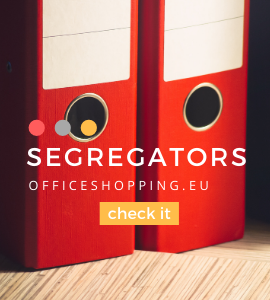How does content marketing affect the automation of marketing?
When we talk about marketing automation, we should be aware of the fact that we are dealing with a heavy and quite complicated undertaking. Finding a reliable marketing director can be quite problematic, especially if you want to know how to explain in a simple and meaningful way what the process is about and what the content marketing has to do with it. In the business world it is quite common to invest huge funds in the purchase of programming even though it is perceived as the least demanding element.
Even the best software cannot replace content analysis, nor can it compare with seminars conducted with the use of webcams and e-mails, which, skillfully used, are an excellent tool for maintaining contact with customers. So if we are looking for the driving force of a marketing automation system, we should realize that it is not software, but content. Whether we like it or not, we need to be aware that both marketing and sales are now to some extent self-service operations. It is the customer who obtains most of the information he needs, and the dialogue with the seller takes place only when it is highly probable that the purchase will be completed.

It is this information gained by customers that is referred to as content. They also form the basis of content marketing. So when we work on content, we have to bear in mind that it should make a stranger turn into a client who will be satisfied with the offer presented to him/her. For this reason, for example, customer care should be known from the moment they become acquainted with the brand or product. Delaying it until the transaction is completed may be a solution that condemns us to failure. When a given person already interacts with content, it is worth using marketing automation systems, i.e. those designed to stimulate personal contact with the vendor.
This interaction leads to a pre-programmed system response and in most cases involves the creation of a personalised e-mail message. This allows you to gain the trust of a potential customer and to identify both his specific needs and interests. It is on the basis of such information that we are able to prepare materials that are known to be able to meet the individual expectations of a given recipient. We can also be sure that they will make it easier for him to make a decision which will also be beneficial from our point of view. With this in mind, it is easy to realize that content is more than just a simple collection of reports, articles and webinars. All its elements have ascribed space and meet the specific purpose for which they were created. That's why content has a specific place in the sales cycle, and the content allows not only to attract leads, but also to convert and care for them.











